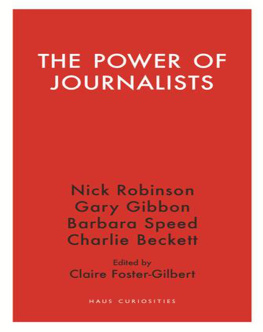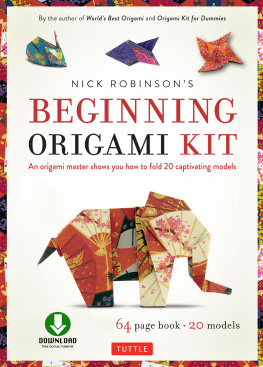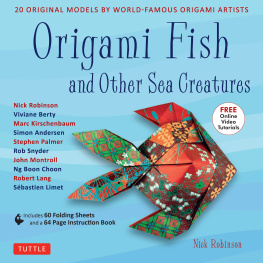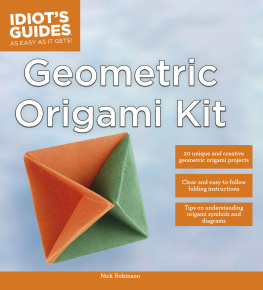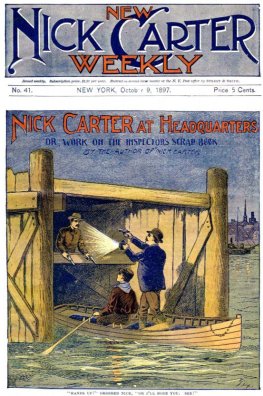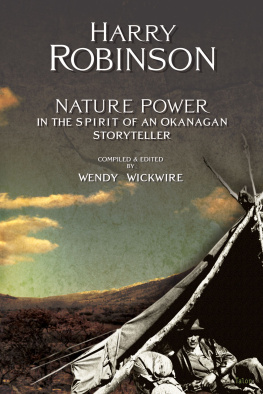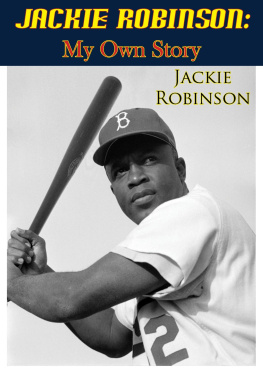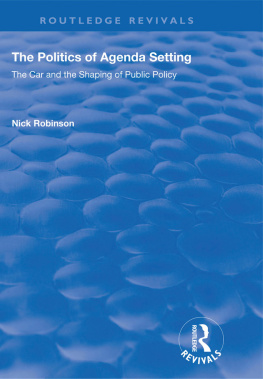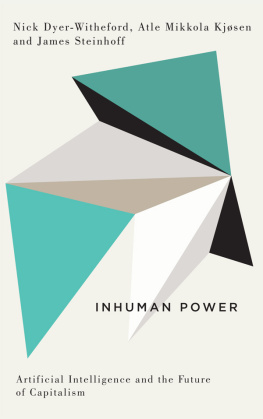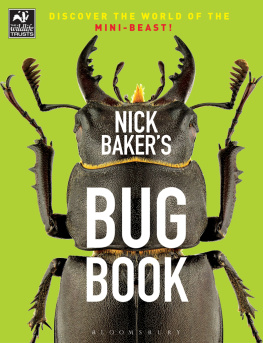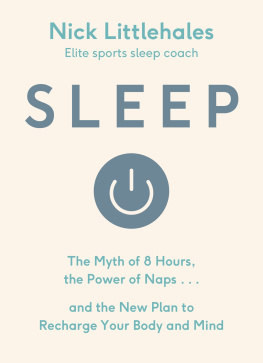Acknowledgements
Sincere thanks are due to the Dean and Chapter of Westminster, the Council of Reference and Steering Group of Westminster Abbey Institute, Ruth Cairns, Frances DSouza, Mark Easton, Harry Hall, Peter Hennessy, Kathleen James, Ann Leslie, Brian Leveson, Sen Moore, David Neuberger, Sally Osman, Barbara Schwepcke, Jean Seaton, Jo Stimpson, Sunbeam House in Hastings and Moores Cottage, Knockanure, County Kerry.
Introduction
Claire Foster-Gilbert
In 2016, Westminster Abbey Institute held a series of dialogues on the role and power of the media in public life. This book comprises essays based upon the words of four of the contributors, which were at least partly informed by the other contributors, Ann Leslie and Jean Seaton. This introduction offers some context for the series, held within the ancient walls of Westminster Abbey on Parliament Square; an account of the different sorts of media we enjoy today; a reflection on their public service role in the ecology of a healthy constitutional democracy; and an introduction to the essayists.
Westminster Abbey Institute was founded to nurture and revitalise moral and spiritual values in public life and service, and to promote the value of public service more generally. It works with those traditionally regarded as public servants such as politicians, civil servants, judges, teachers, healthcare practitioners and members of the Armed Forces and Police and also with journalists. There is a common view, not only among those in public life, that the media are not part of the company of those seeking to serve the common good; rather, they are its enemy. This is a view the Institute has consistently
The UK media consist of, first, broadcast media television, radio and internet some of which are governed by statute and funded non-commercially. Second are the written media print newspapers and journals and their online counterparts, as well as digital-only news websites. None of this second group is governed by specific statutes, although, to state the obvious, all are bound by the laws of the land (and, as they turn increasingly to video footage, they begin to resemble broadcasters, raising a question about whether they should fall under Ofcom regulation) and all of them have to find their own funding, either commercially or through donations. People are, third, increasingly also receiving their news through online platforms that are not themselves news organisations, such as Google and Facebook. The definition of news is itself becoming frayed, as it is taken to encompass the full mixture of information, assertion, argument, emotion, comment and cultural influence through which people inform themselves.
The BBC where Nick Robinson, one of the essayists in this volume, works and Channel 4 where another contributor, Gary Gibbon, works are both governed by statute which requires them to be public service broadcasters first and foremost. The Royal Charter governing the BBC requires it to inform, educate and entertain all licence-fee payers. The trust the BBC has earned over the decades since it was founded remains measurably significant: 92% of UK adults in online homes use BBC television, radio or online media each week,commercial and political pressures. The BBC licence fee, set by Government (currently at 150.50 per year) and payable by anyone who has a television or uses BBC iPlayer, means the BBC has a revenue of 3.5 billion a year to spend independently. The funding model ensures political and commercial independence, and it also lays a requirement on the BBC to serve all of the UK universally. But since both the principle of the licence fee and its size have to be renegotiated regularly with different Governments, the director-general and chair of the BBC cannot ignore politics. Moreover, the Government of the day may seek to change the rule book. For example, in July 2015 the Government decided that it would no longer pay the licence fees of over-75s. This had been seen as a welfare provision, and it was cut. After a heated battle, the BBC agreed to take the cost upon itself, rather than impose a charge which could arguably have significant health implications; this means the BBCs income will be reduced by 800 million as the change is implemented. Despite battles such as these, which require negotiating skills and a keen political sense, the model is one which, for the most part, allows the BBC the independence to navigate between the Scylla of commercial pressures debasing quality and universality and the Charybdis of political pressures undermining impartiality.
Channel 4 was created by the Broadcasting Act 1980 and came on air for the first time in November 1982. It is commercially funded but publicly owned, which means that it shares a similar duty of public service to that of the BBC, but without the funding model to protect it against commercial pressures. Nevertheless, its commitment to impartiality, expressed by Channel 4s political editor Gary Gibbon in his essay, is palpable. He sees it as a value utterly essential for a democratically engaged society.
The newspaper world in which Barbara Speed, a third contributor to this volume, works is not governed by the same legal requirement to be impartial, and the tradition of editorial favouring of different political parties or individuals is a long one. Attempts to regulate the press in the face of sometimes shockingly bad behaviour are fraught with controversy, as the recent Leveson enquiry and subsequent report found.audiences consuming the news curated by others are now exercising their creative muscles and responding but the conversation is not, and perhaps never can be, between equals. Emotion is increasing, which softens and colours hard-edged facts and affects the ways in which information is received, digested and answered.
Journalists working within the UKs independent media enjoy the liberty of being able to say what they wish without fear or favour, but this liberty brings with it the responsibility to tell the truth without fear or favour. Telling the truth is a moral responsibility, though Nick Robinson strenuously resists the word moral in his essay. His valid argument is that journalists must not worry about the moral consequences of their reporting. To do so would be to deny what they exist to do, which is to tell the public what is happening, to publish and be damned. But this argument only serves to emphasise the duty to tell the truth, and what could be closer to a moral principle than truth-telling? Journalists are, by this account, non-utilitarian duty-based actors on the public stage. For them, the ends will never justify the means, because they are not interested in ends. Truth-telling, whatever the outcome, is the guiding principle. Fake news, then, is a logical impossibility. But, as Charlie Beckett recognises, there is a good end, or consequence, of truth-telling, which is that the public can rely on what they are told and thus become informed participants in our democracy. Charlie pushes the moral point further: We are not good at telling each other the truth online. Journalists are not, then, just speakers of truth, but also guardians of truth; not only do they curate the flood of available information, foregrounding the truth in it, but they also call out lies. Too often news is presented as emotional argument conducted through megaphones, all transmission and no reception. Where an argument is dismissed as a lie or a person as corrupt, Nick Robinson urges, the journalist should raise the question: on what grounds are you making such an accusation? Just because you are on the other side? Truth remains the moral lodestar by which journalists should navigate their professional roles. Fearlessly telling the truth to society is a very great public service.


